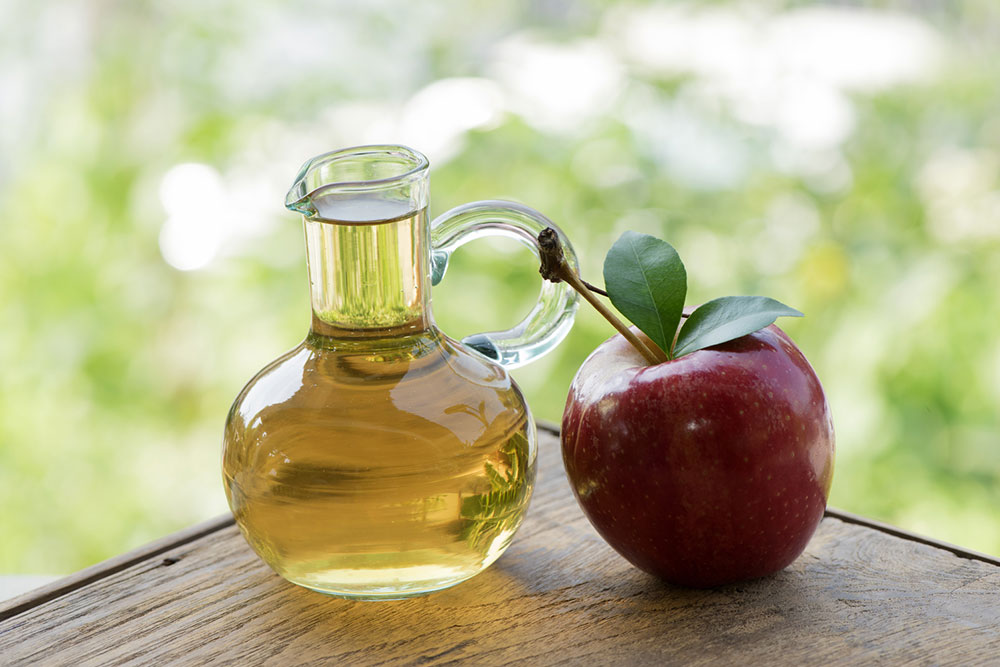Comprehensive Natural Approaches to Managing Enlarged Prostate for Better Men’s Health
Discover comprehensive natural methods to effectively manage an enlarged prostate. Learn how lifestyle changes, dietary strategies, and herbal supplements can alleviate symptoms, promote prostate health, and improve quality of life for men over 50. This detailed guide provides scientifically-supported approaches suitable for those seeking natural alternatives to medication.

Comprehensive Natural Approaches to Managing Enlarged Prostate for Better Men’s Health
Benign prostatic hyperplasia (BPH), commonly known as an enlarged prostate, affects approximately 14 million men worldwide, especially those over the age of 50. This condition can significantly impair daily life due to symptoms like frequent urination, especially during the night, weakened urinary flow, bladder discomfort, and irregular urination patterns. Although medical treatments and medications are available, many men prefer exploring natural, less invasive methods to manage the condition effectively. Incorporating lifestyle changes and natural remedies can help alleviate symptoms, improve prostate health, and enhance overall well-being.
Understanding how to proactively manage prostate enlargement through natural strategies is crucial, particularly for men seeking alternatives to pharmaceuticals. These approaches focus on promoting hormonal balance, supporting urinary functions, and maintaining overall health, which collectively contribute to reducing the severity of BPH symptoms. This comprehensive guide explores several scientifically supported, natural methods that men can adopt to support prostate health, prevent further enlargement, and improve quality of life.
Five Effective Natural Strategies for Supporting Prostate Health
Engage in Regular Physical Activity: Consistent exercise is fundamental to overall health and plays a crucial role in managing prostate health. Activities such as brisk walking, cycling, swimming, or light strength training for at least 20-30 minutes daily can improve blood circulation, aid in weight management, and reduce inflammation—a key factor in BPH symptoms. Research indicates that men who are physically active tend to experience fewer urinary problems and have a lower risk of prostate enlargement. Exercise also helps regulate hormonal levels, which is vital in controlling prostate growth.
Maintain a Healthy Body Weight: Excess body weight, particularly abdominal fat, is strongly associated with increased risk of BPH and worsened urinary symptoms. Adipose tissue influences hormone levels, including increased dihydrotestosterone (DHT), which stimulates prostate growth. Achieving and maintaining a healthy weight through balanced diet and regular activity can reduce the strain on your urinary system, lessen symptoms such as nocturia and weak stream, and potentially shrink the prostate gland over time.
Support Hormonal Balance Using Natural Means: Hormonal imbalances, especially elevated DHT levels, are primary contributors to prostate enlargement. DHT is derived from testosterone via the enzyme 5-alpha-reductase. Using natural plant-based compounds like beta-sitosterol—a phytosterol found in many herbs—can inhibit this enzyme's activity, helping to control DHT levels. Incorporating foods rich in these compounds, such as pumpkin seeds, saw palmetto berries, and green tea extracts, supports hormonal equilibrium and prevents excessive prostate growth. Ensuring adequate sleep, managing stress, and avoiding exposure to environmental endocrine disruptors further aid in maintaining hormonal health.
Adopt a Nutritious and Balanced Diet: Diet plays a pivotal role in prostate health. Focus on consuming foods rich in antioxidants, anti-inflammatory compounds, and essential nutrients. Diets high in omega-3 fatty acids, lycopene (found in tomatoes and watermelon), green leafy vegetables, berries, and high-fiber foods can reduce inflammation and oxidative stress, both of which contribute to prostate enlargement. Conversely, limiting red meats, processed foods, fried items, and sugar-laden products minimizes risk factors associated with BPH. Incorporating foods like nuts, seeds, and legumes provides additional phytochemicals that support prostate health.
Utilize Natural Supplements Safely: Several herbal supplements have demonstrated potential in managing prostate symptoms. Saw palmetto extract is one of the most studied, known for its ability to inhibit 5-alpha-reductase activity, thereby reducing DHT and prostate size. Curcumin, the active compound in turmeric, offers anti-inflammatory benefits and may alleviate urinary discomfort. Pygeum africanum, derived from the African cherry tree, is traditionally used to improve urinary flow and reduce prostate size. As with any supplement, consulting a healthcare professional before use ensures safety and appropriateness based on individual health conditions.
Additional Tips for Enhancing Prostate Health
Beyond these primary strategies, small lifestyle adjustments can further bolster prostate health. Staying well-hydrated, limiting caffeine and alcohol intake, avoiding prolonged sitting periods, and practicing pelvic floor exercises can improve urinary function. Regular medical checkups, including prostate screening, are vital for early detection and management of BPH progression.
In conclusion, embracing natural and lifestyle-based approaches provides men with effective tools to manage enlarged prostate symptoms without heavy reliance on medications. By implementing these strategies—regular physical activity, weight management, hormonal support, healthy eating, and thoughtful supplementation—men can experience significant improvements in urinary health and overall quality of life. Proactive management of prostate health is an essential component of aging gracefully and maintaining vitality well into later years.





